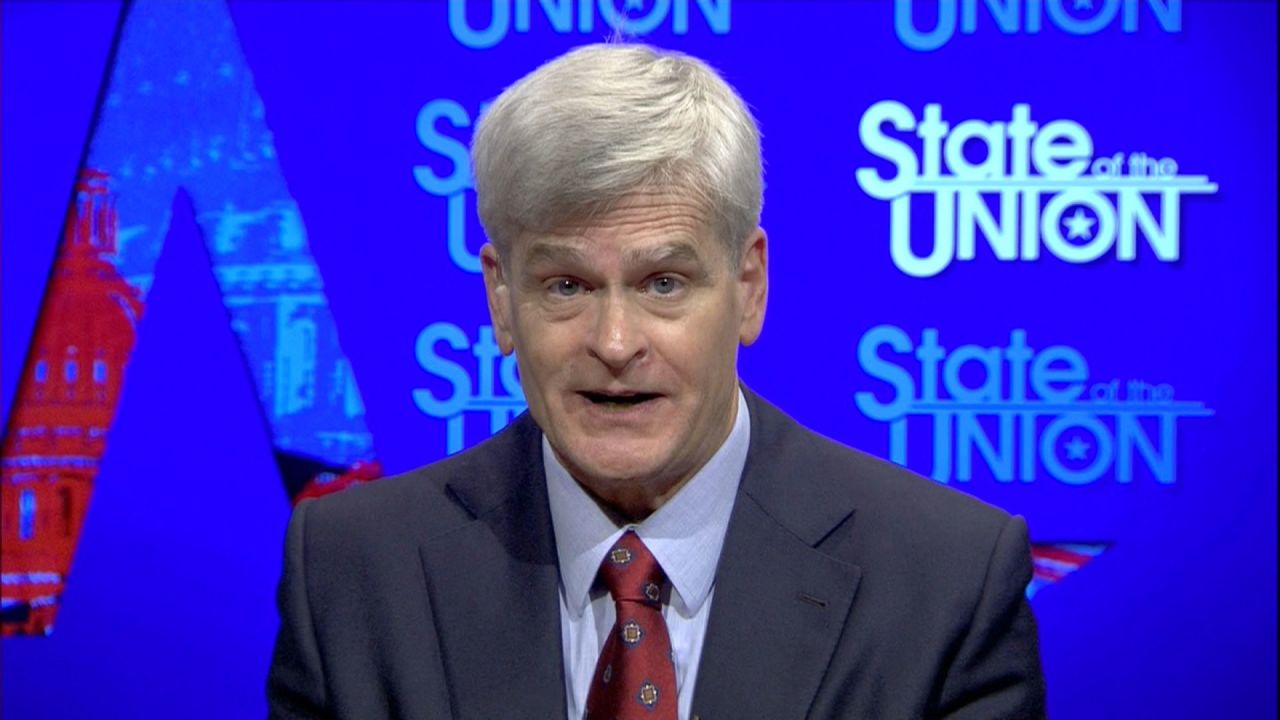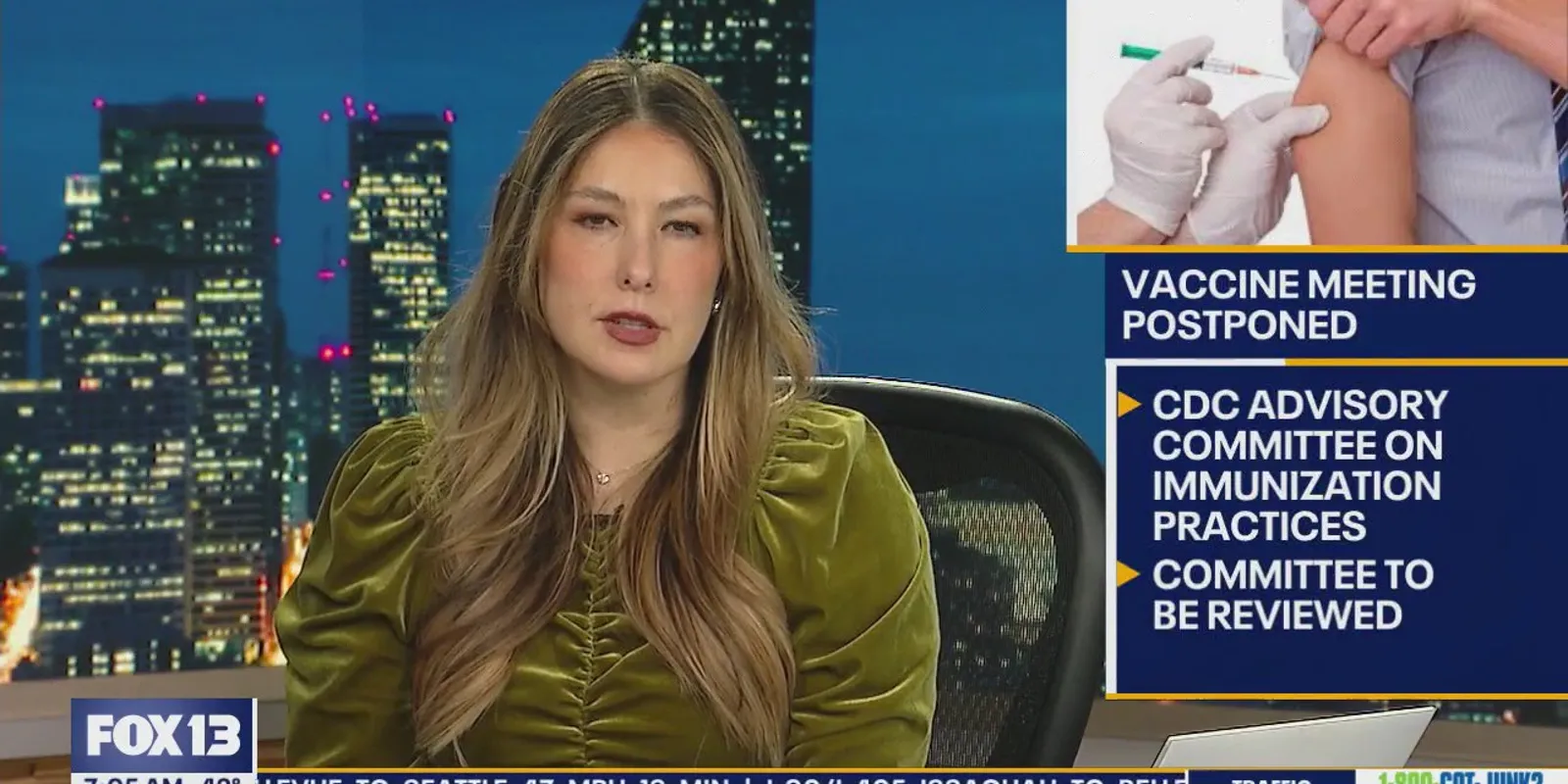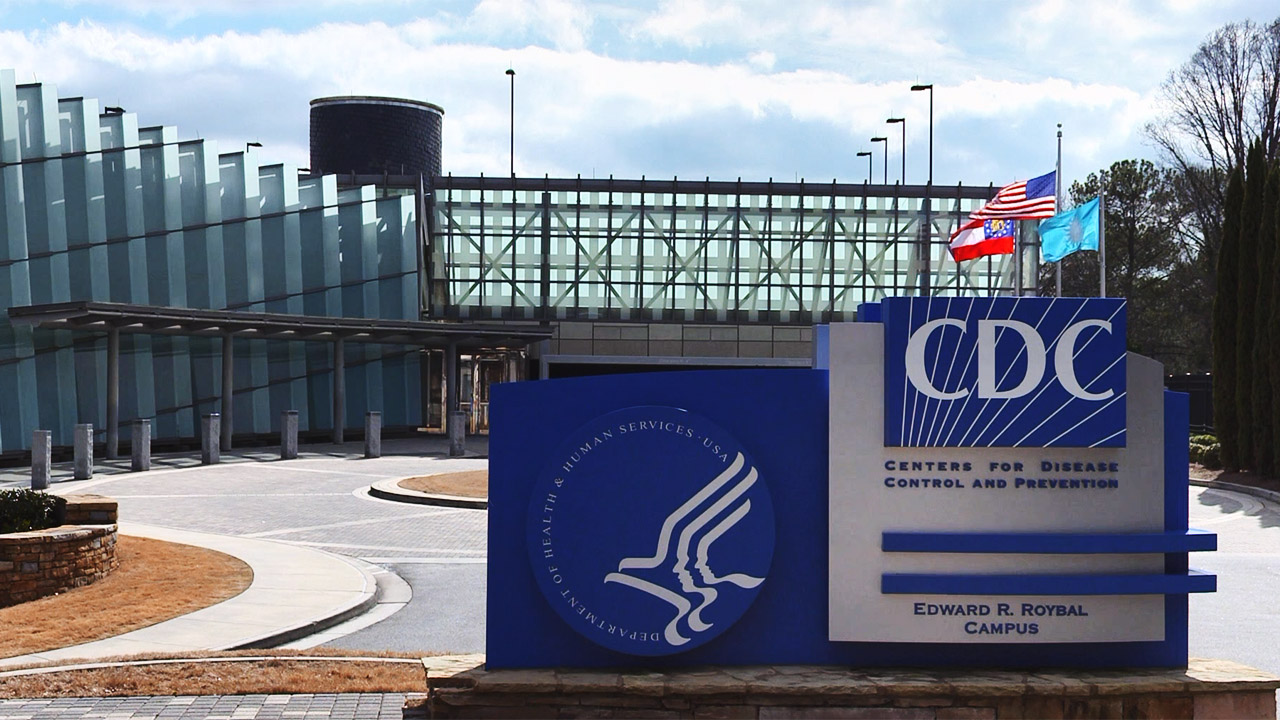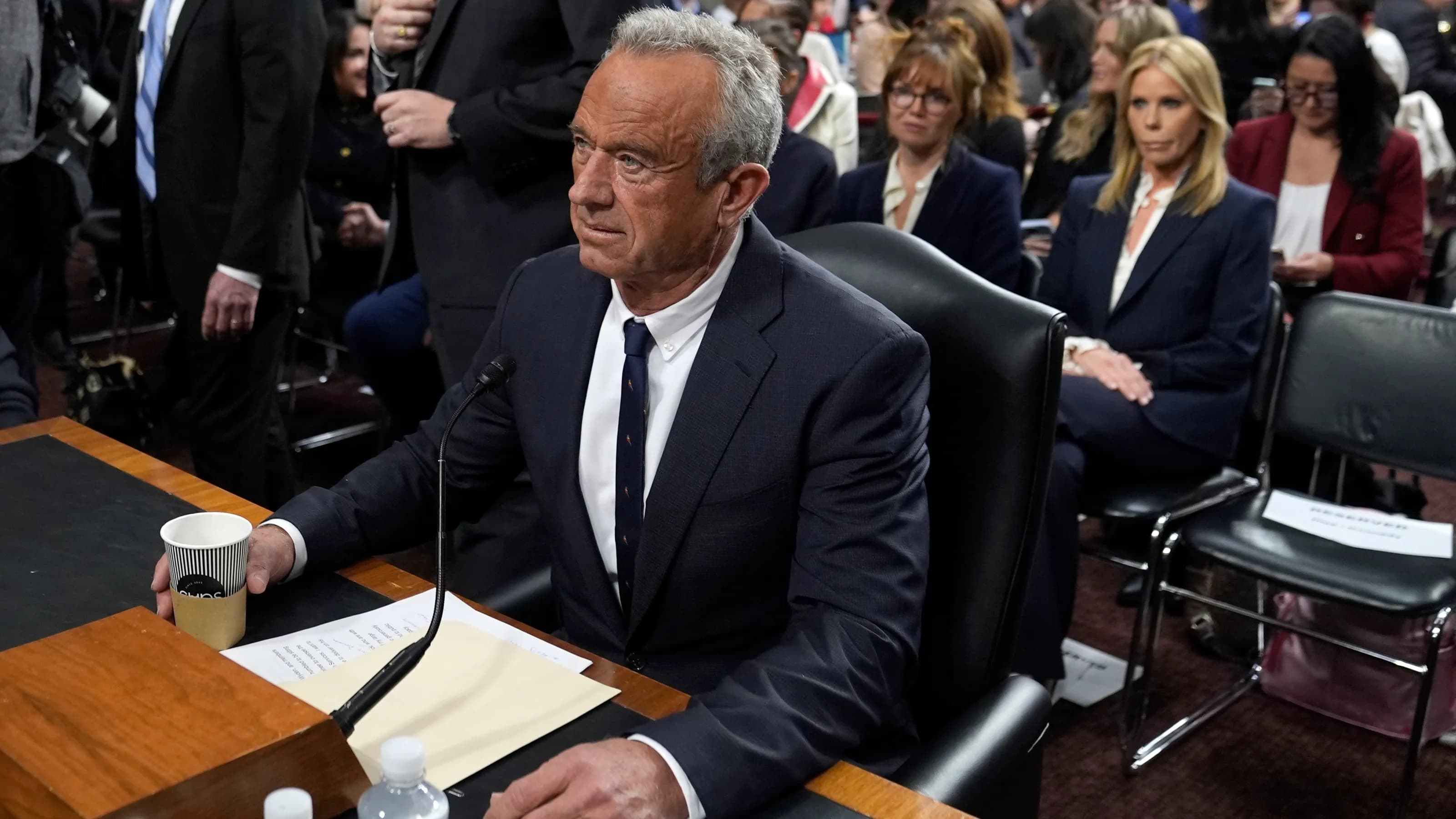RFK Jr. Makes Shocking Move Against Public Health
In a devastating blow to public health, Secretary of Health and Human Services Robert F. Kennedy Jr. has fired all 17 members of the Advisory Committee on Immunization Practices (ACIP). This unprecedented decision raises alarming questions about the future of vaccine safety and efficacy in the United States.
Political Motivations Behind Kennedy"s Actions
Senator Bill Cassidy, who voted to confirm Kennedy despite his notorious history of vaccine skepticism, now finds himself grappling with the consequences of his decision. As reported by The New York Times, Kennedy"s rationale for the firings focuses on alleged conflicts of interest within the ACIP, but many see this as a thinly veiled attempt to install allies who share his anti-vaccine views.

December 13, 2020 coronavirus news | CNN
Implications for Vaccine Confidence
This shake-up could lead to a significant decline in public confidence in vaccines, which already faces challenges, particularly among conservatives. Research shows that political trust plays a crucial role in vaccine acceptance; liberals tend to trust the government to ensure vaccine safety, while conservatives often harbor skepticism according to a U.S. survey. With Kennedy at the helm, this divide could widen, potentially increasing rates of vaccine-preventable diseases.
Scientific Community Reacts with Alarm
Health experts have condemned Kennedy"s decision as a blatant affront to public health. The American Medical Association has issued a statement expressing concern over the implications of replacing seasoned experts with individuals who may lack the necessary expertise. As reported by CNBC, the ACIP serves as a crucial body that informs vaccination policies and practices that protect millions of Americans.

CDC vaccine meeting postponed after RFK Jr. confirmation
Historical Context of Vaccine Policy
The historical context of vaccine policy in the U.S. underscores the importance of maintaining credible oversight. Since the introduction of childhood vaccines, the incidence of diseases like measles and mumps has drastically reduced. However, the reemergence of vaccine-preventable diseases in recent years highlights the dangers of eroding trust in vaccines. The recent actions by Kennedy signal a troubling shift away from evidence-based public health strategies towards ideologically driven policies.
Call to Action for Public Health Advocates
This situation calls for immediate action from public health advocates and organizations. The appointment of new members to the ACIP must prioritize scientific qualifications and commitment to vaccine advocacy. As experts at Harvard warn, Kennedy"s influence could significantly undermine the progress made in public health over the past decades.

CDC Exterior | CDC Newsroom

![[Video] Anti-ICE Protester Pepper Sprayed as CBP Agents Disperse Crowd in Minneapolis](/_next/image?url=%2Fapi%2Fimage%2Fthumbnails%2Fthumbnail-1768260677127-y71sb7-thumbnail.jpg&w=3840&q=75)

![[Video] Several injured as U-Haul truck drives through Iranian protestors in Los Angeles](/_next/image?url=%2Fapi%2Fimage%2Fthumbnails%2Fthumbnail-1768176682028-q95y6j-thumbnail.jpg&w=3840&q=75)
![[Video] Scuffle breaks out between Trump supporters and Anti-ICE protesters in Times Square](/_next/image?url=%2Fapi%2Fimage%2Fthumbnails%2Fthumbnail-1768165958203-hgcgb-thumbnail.jpg&w=3840&q=75)


![[Video] Gunfire between Iraqi security forces and Sadr militias in Baghdad](/_next/image?url=%2Fapi%2Fimage%2Fthumbnails%2Fthumbnail-1768343508874-4redb-thumbnail.jpg&w=3840&q=75)
